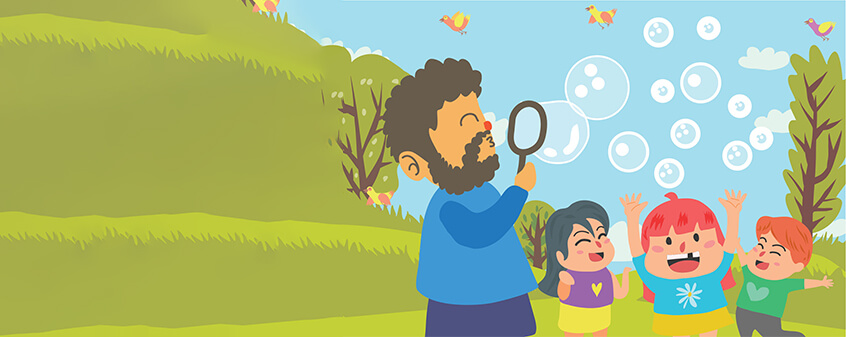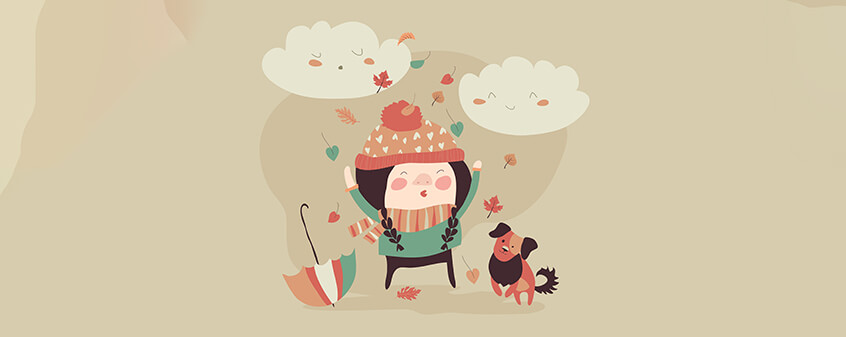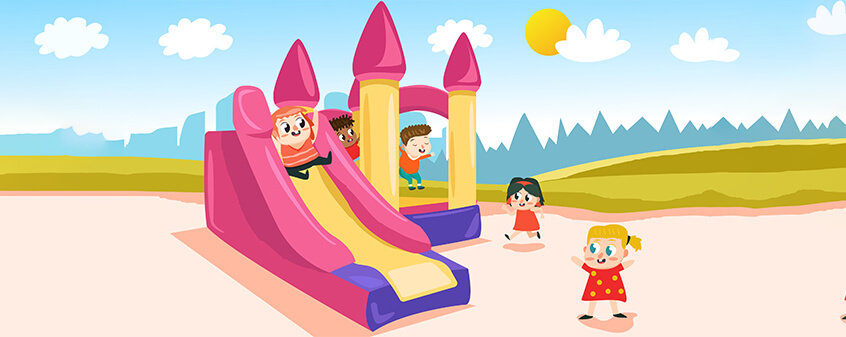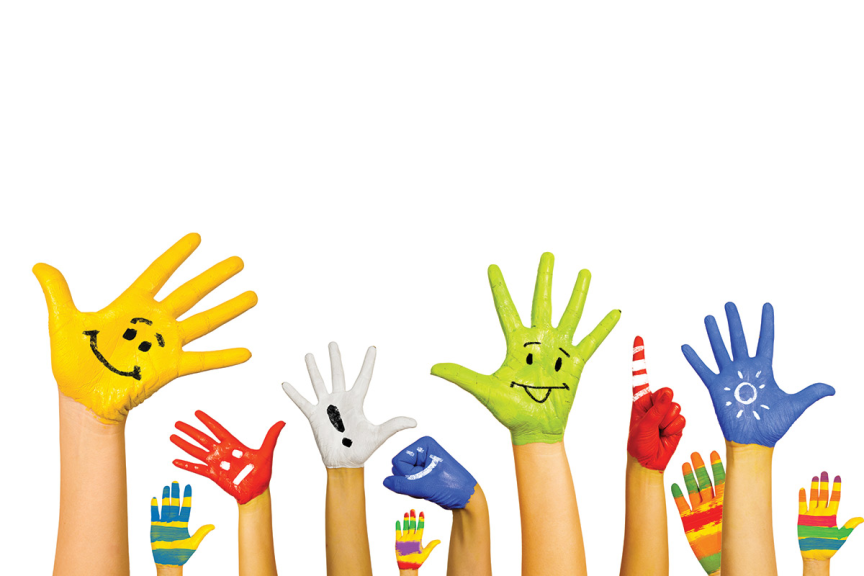Teenager Netra lived in fear of her parents. She believed it was her moral duty to please them by scoring maximum marks in every subject. Her mother was very strict and often pushed her to excel in everything. She ensured that Netra went through the rigmarole of classical music and dance. But for Netra, the experience was so rigorous and severe, that it alienated her from the art form. She dreaded the classes and instead of growing to love it, she grew to abhor it. But her mother was oblivious to the growing resentment in her daughter. She believed that a girl from their community had to be trained in arts to be considered a ‘well reared’ girl. The mother believed in the mould.
Today Netra is a parent of two teenage kids. During the course of one of our conversations, she told me that she had read ‘The Battle Hymn of the Tiger Mother’ by Amy Chua and that she could sometimes see her mother and sometimes herself in Amy Chua. She identified with the author and vehemently accepted that she was confused. As an educator, I meet scores of parents and know that most parents who read the book face the same confusion. The confusion arises from the clash between their own upbringing and how they feel they should deal with their kids.
The case of extreme parenting, as elucidated by Ms. Chua, strikes a raw chord in almost every Indian parent of this generation. Most parents who have teenage kids face the similar dilemma as experienced by Netra. In trying to keep pace with the highly competitive world, we want our kids to excel in everything, resulting in the development of unnecessary emotional and social pressure. Most parents of this generation are, sadly, victims of this scenario themselves. Ask any engineer or doctor today, and he or she will tell you how his or her youth was wasted over exams, exams and more exams. Yet as a parent he or she fears today that if not pushed the kids would not be as successful as they themselves are today.
And this is where I would want each one of you to pause and think. Reflect on your own experiences. How different do you think life would have been if you had followed your heart, and given vent to your creative thinking? What is then, your definition of success? Is success measured only in terms of clearing exams? Or would you rather measure success in a way that will enhance your child’s personality?
The human brain is capable of immense learning .The potential to learn is maximum at an early age and it is wise to tap it then. But while doing so, one needs to be equally careful of what impact our actions could have on the subconscious mind of the child. A very harsh and authoritarian parent, can foster only negativity in the mind of the child towards the task and the task master (the parent or the teacher in question here). Many parents believe that only punishment can rectify. One doesn’t ‘rectify’ a child. An able parent will be one who gauges the impact of his or her action not in the short term, but in the long term.
Little Roshan in preschool was upset he made mistakes while writing alphabets and this angered his mom. He refused to go to school, as in his mind Mama was angry with him because of school. We had to speak to Roshan‘s mama to let her know that he was only learning and it was ok for him to pace ahead at his own speed. He did not have to fit the mould in her mind.
Childhood fears and scars sometimes surface during the adulthood of an individual. Parents can be really pushy at times, trying to relive their childhood dreams through their children. Reality shows show aggressive children and even more aggressive parents. What does the child of a pushy argumentative parent learn? He learns that one needs to be over competitive. He never learns to lose with grace. He never learns that failure is not the end; it is in fact a stepping stone to progress and success.
But that also doesn’t mean that a parent should act only to keep his child happy. A permissive parent too doesn’t succeed. Children need role models, and a parent who says ok to everything is not good for the child. Children grow up thinking that their parents never think about what or why they do things. That he or she doesn’t care about them. A highly unregulated environment could also misguide the child.
Netra now knows that there is no right or wrong style of parenting. What is important are the practices she sets up for the children in such a way, that they feel cocooned and safe and yet grow up daring to be adventurous.
Confusion is bound to happen, as each child is different. Ms. Chua imposed certain rules on both her daughters. Her elder one heard her out, but these rules didn’t suit the younger one. The same style of parenting will not work. Each child is different and demands a different strategy. As much as we would want, it is difficult to treat all our children alike. I feel that we need to differentiate, so as to ensure that we allow each one to develop his or her own traits. Do we treat all our colleagues in the same way? No, we have different perspectives for each one and decide our strategy based on what his or her personality is.
And this is what we need to do when we deal with our kids too. Each kid is an individual in his own right and we need to treat them that way. Nurture as you go along and proudly watch your child find his own way. Do not make the mould and try to fit him into it. Break the mould. Let him mould himself. Just be the wind under the wings and see him soar to glory...........








